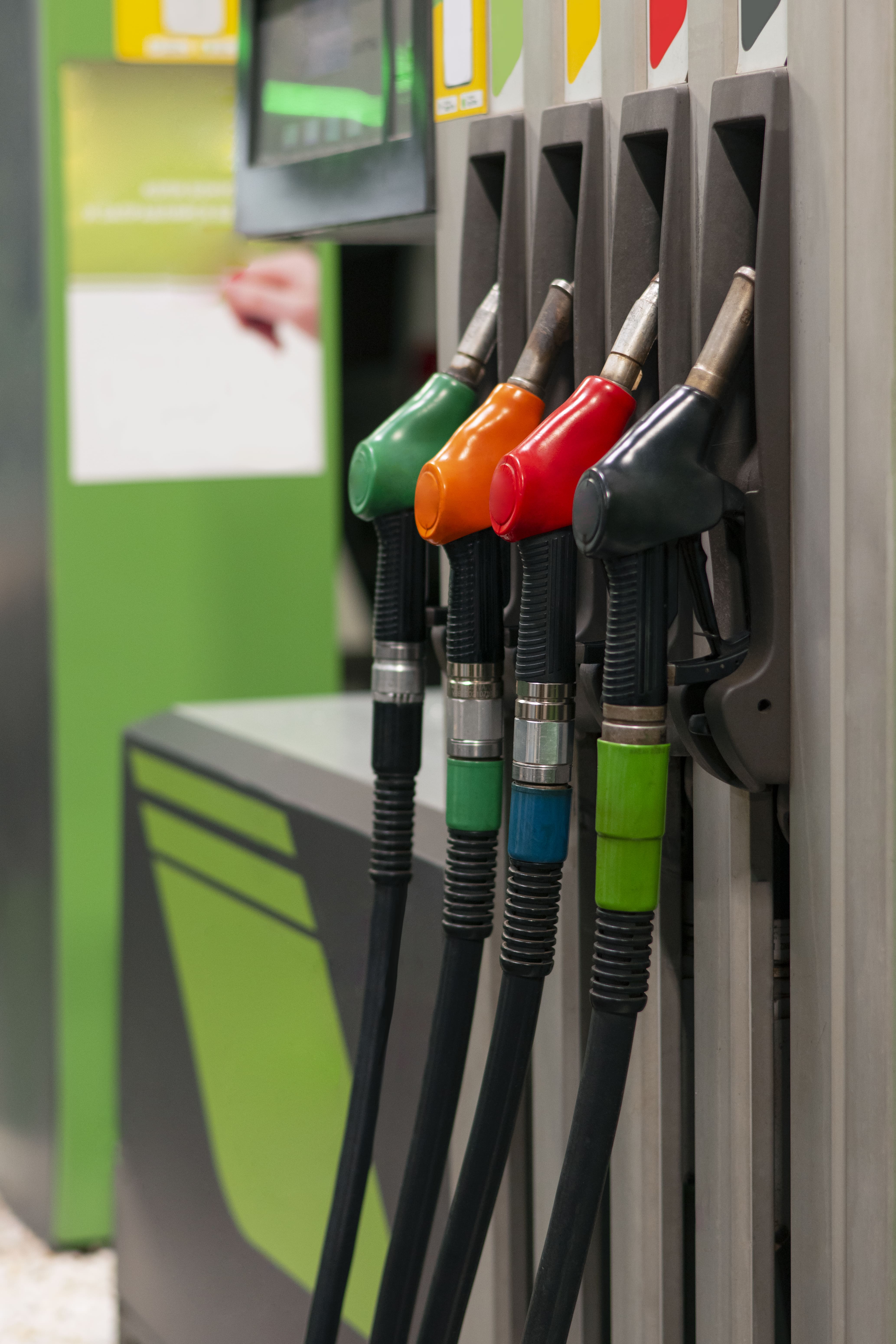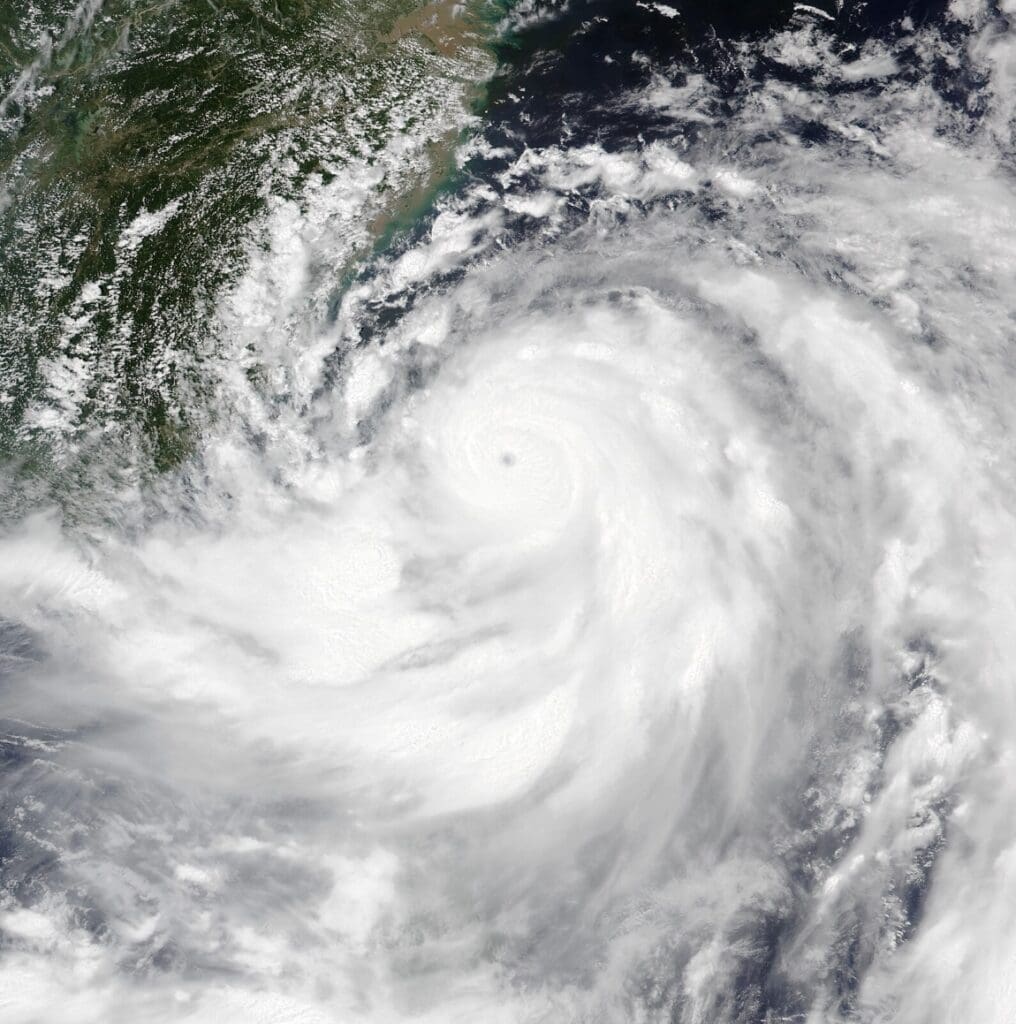The loophole has far-reaching implications, according to Fedor Unterlohner, the freight manager at T&E. He argues that while biofuels and e-fuels may not effectively decarbonize heavy-duty vehicles, they could prolong the dominance of diesel trucks for decades. The influence of oil companies, lobbying in favor of this loophole, raises concerns about its potential to sustain demand for traditional fuels. T&E calls on the EU Council to reject what they see as a lifeline to the fossil fuel industry, emphasizing the need to prioritize sustainable alternatives over maintaining the status quo.
Despite the controversial loophole, the Parliament backed the EU Commission’s proposed emission reduction targets for heavy-duty vehicles. The targets call for a 45% reduction in average emissions from new freight trucks by 2030, followed by more ambitious goals of 65% in 2035 and 90% in 2040. These targets aim to facilitate a near phase-out of diesel trucks, aligning with the EU’s broader commitment to achieving net-zero emissions.
MEPs also advocated for extending emission standards to cover the 20% of heavy-duty vehicle sales that the Commission had initially proposed to exempt. This inclusion applies to specific categories such as garbage and construction trucks, as well as smaller trucks operating within urban areas. T&E applauds this move, asserting that exempting a fifth of polluting truck sales from climate regulations is no longer acceptable, emphasizing the need for a comprehensive approach to combat emissions.
Fedor Unterlohner expressed optimism about the impending end of an era for polluting diesel trucks. With MEPs and governments aligning on the goal of phasing out almost all diesel heavy-duty vehicle (HDV) sales by 2040, Unterlohner urges negotiators to reject the fuels loophole promptly. He stresses the importance of finalizing the law without delay, providing the automotive industry with the certainty it needs to invest in zero-emission truck manufacturing.


As the Parliament and EU Council commence negotiations on the final law, environmental advocates and industry stakeholders are closely watching the developments. The outcome of these negotiations, expected to conclude early next year, will significantly impact the future trajectory of heavy-duty vehicle emissions in the European Union. The tug-of-war between supporting sustainable alternatives and succumbing to industry pressures underscores the challenging balance policymakers must strike to achieve ambitious climate targets.




